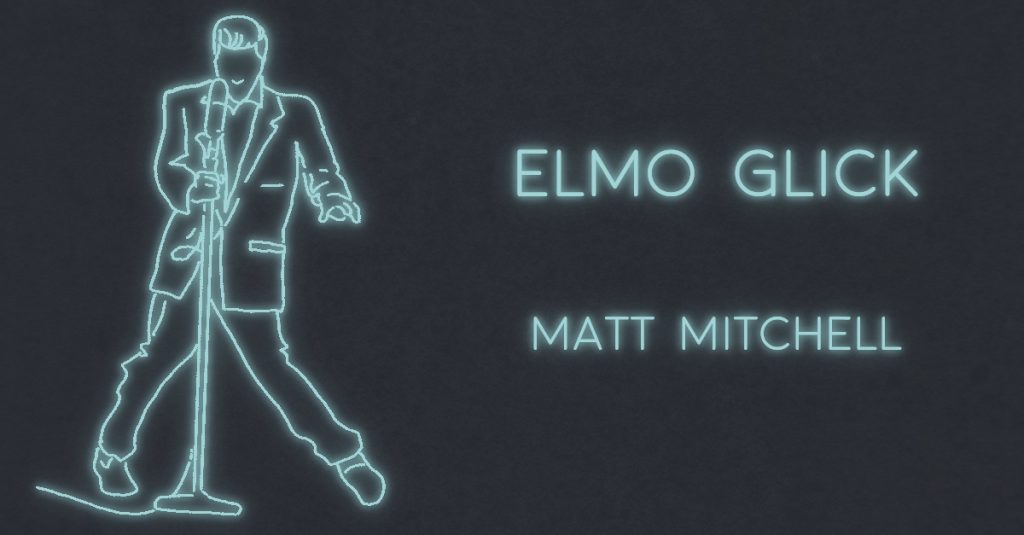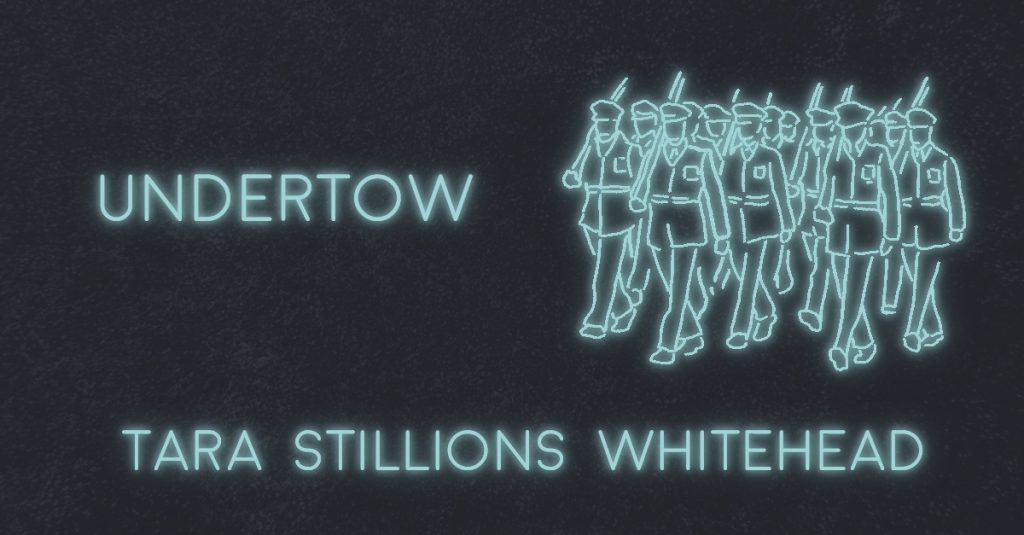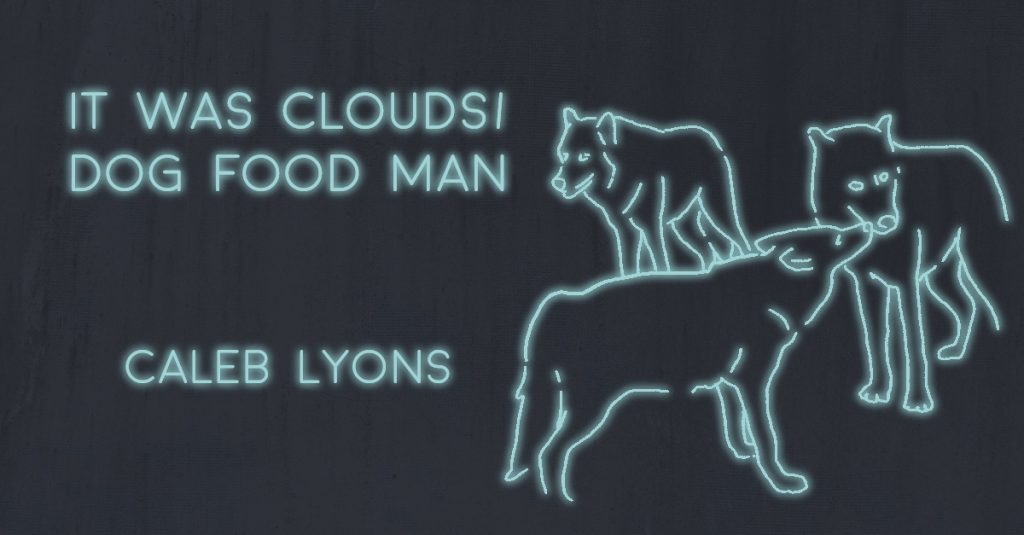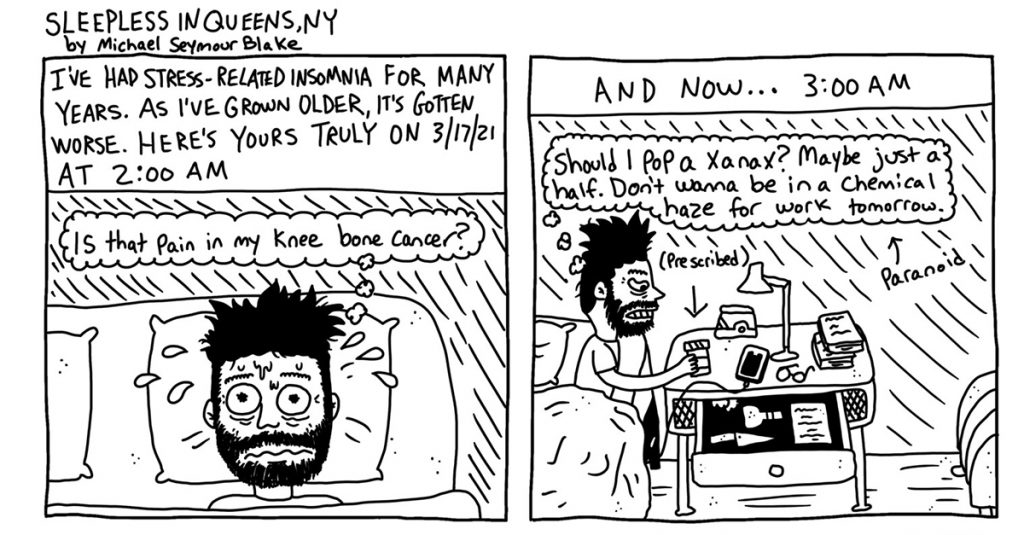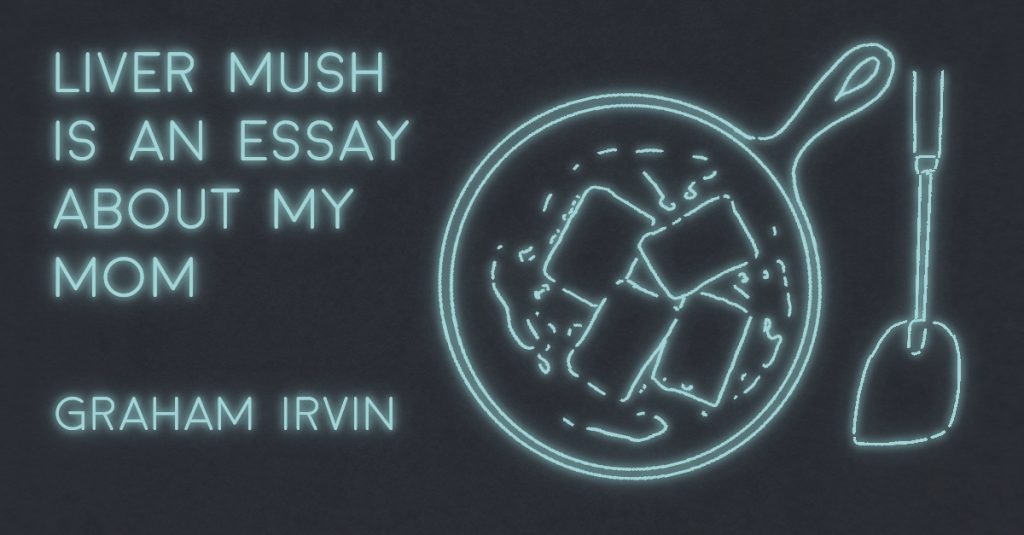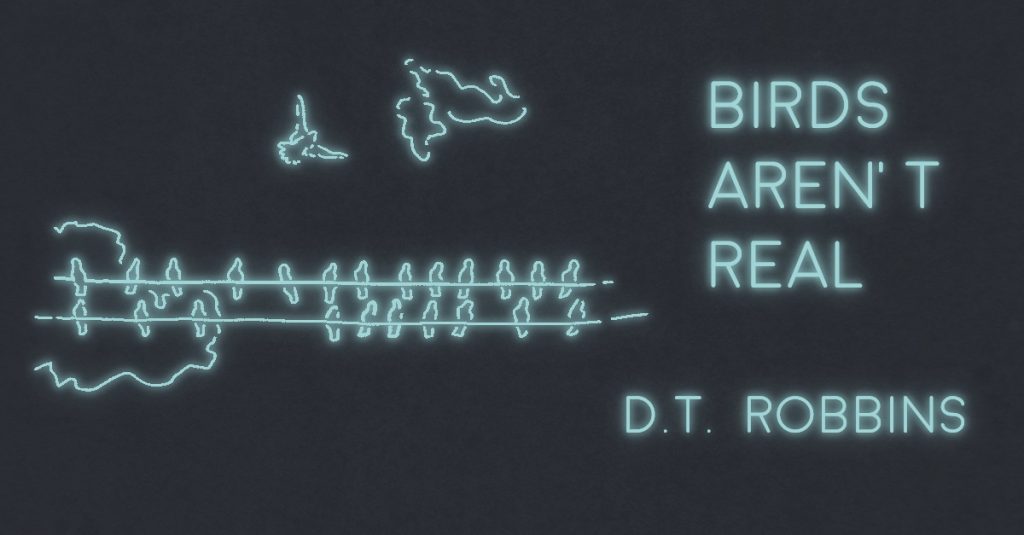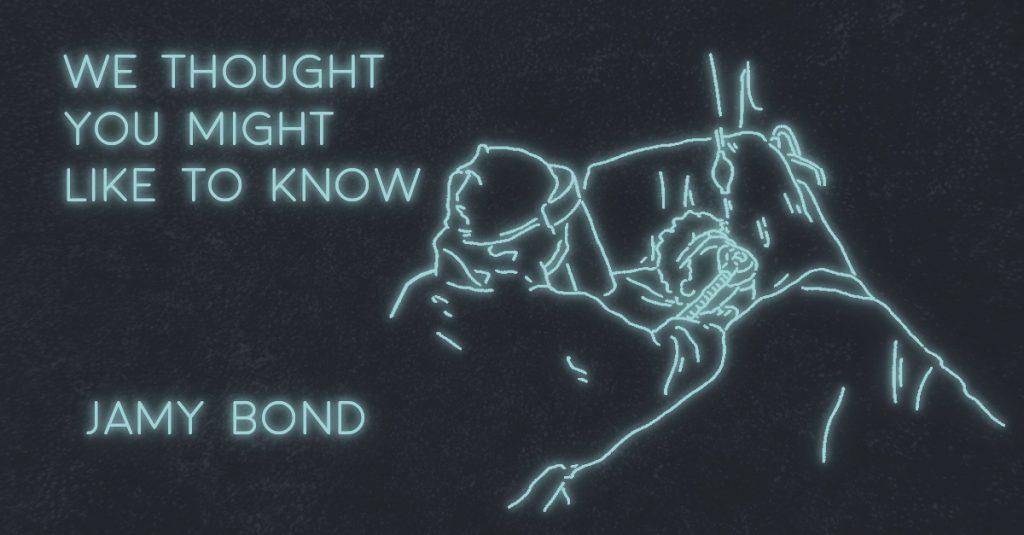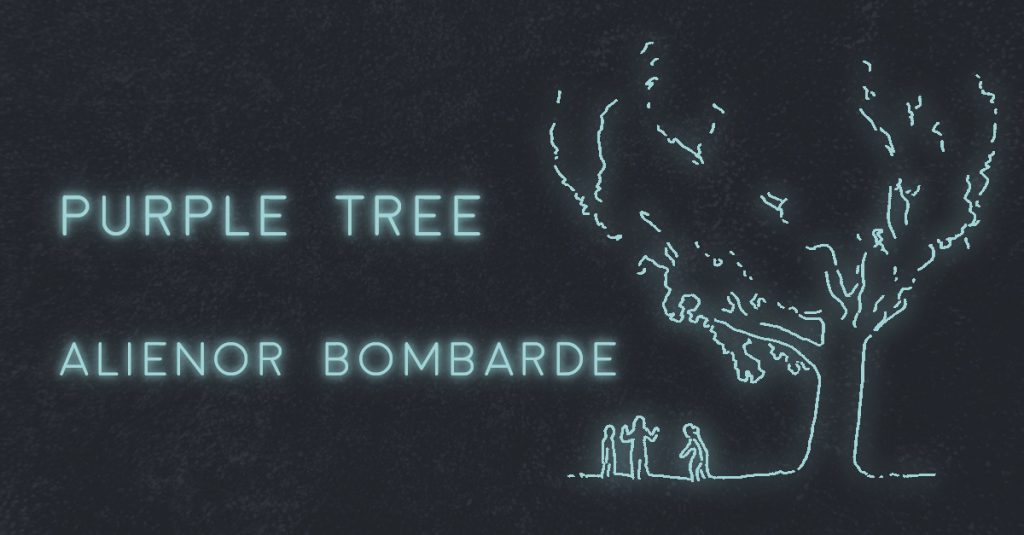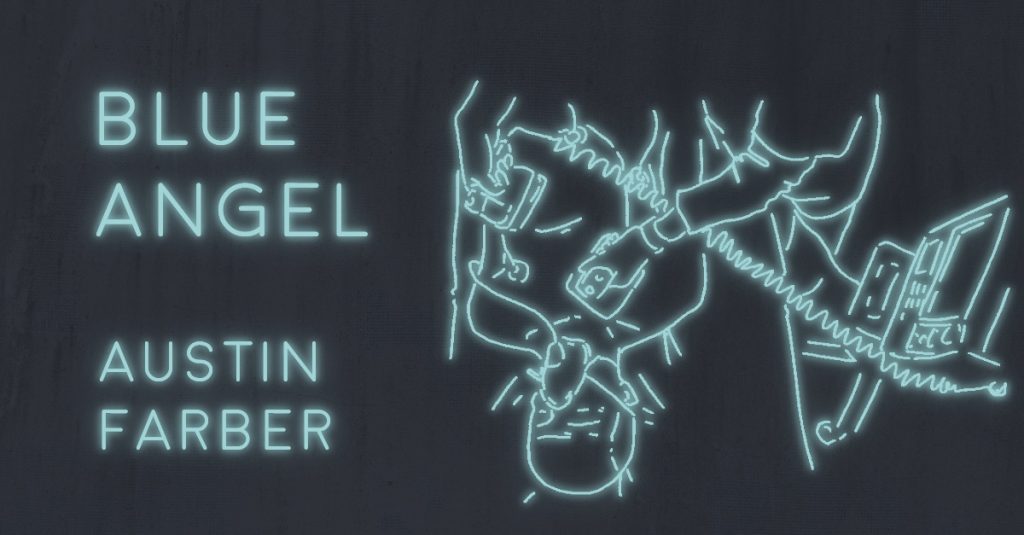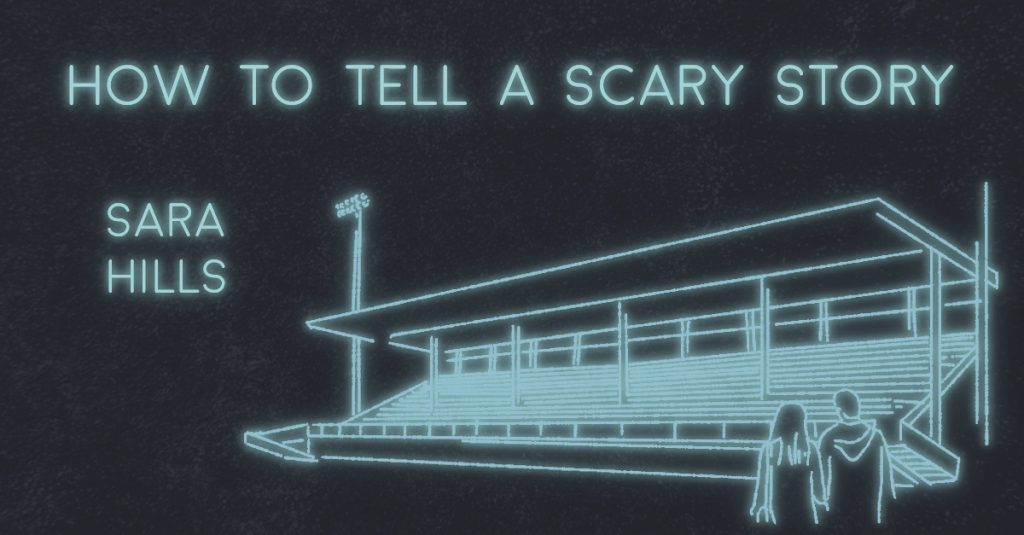
HOW TO TELL A SCARY STORY by Sara Hills
Start with setting Think about someplace you know. A lonely walk to school, the back alleyways downtown, the dark crevices under the high school bleachers, a house from your childhood. Remember the sodium-yellow haze over the empty parking lot that time in college when a rugby player refused to get out of your car, and decide, instead, to catch the reader off-guard. Think about places that should be more comforting and familiar—a clean ribbon of asphalt under a cloudless sky, the upstairs bathroom at a family Christmas party, a sleepover at your best friend’s house, a city bus. Add in…

